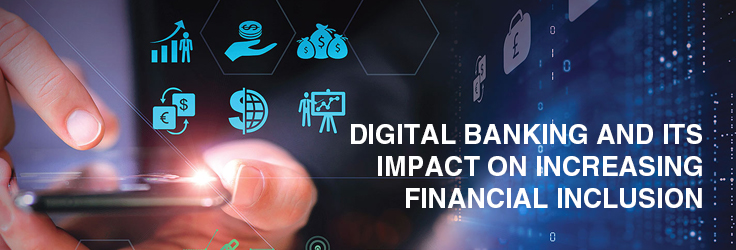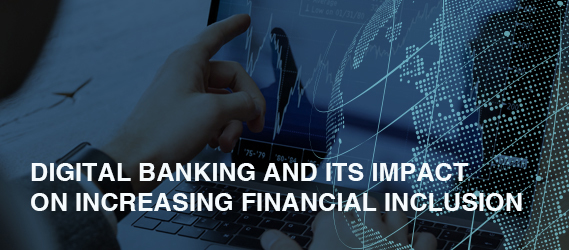
Every one of us now has access to the bank, wherever and whenever he requires it. First, consumers can finish their job with the bank in a shorter period of time while queuing in front of the bank's door. One click is all it takes to have the bank "with us" whenever we wish to make payments or money transfers, but not only that. As a result, digital-age banks are reacting to these demands by establishing virtual communication platforms. This relationship has evolved as a result of technological advancements.
"Having the bank with you" means that you can withdraw money from a physical or virtual store using a debit or credit card in any country and at any time of day. We can do all banking operations as if we were in a branch using the appropriate applications on a yearly basis.
We can open, check, or close a deposit based on desired term and currency; we can perform a real-time credit check; we can also pay our credit card debt with a single click; we can make money transfers between accounts; and we can pay our monthly bills for water, electricity, telephone, and other services. All of these services are simple to execute 24 hours a day, seven days a week. The virtual relationship with the bank becomes as safe as it is in real life, allowing us to reach a wider financial inclusion.
Second, the digital bank has already developed ties with its staff and suppliers, in addition to its customers. Financial inclusion is defined as the appropriate, timely, and appropriate promotion of a wide range of financial products and services in all segments of society through the implementation of existing and innovative dedicated approaches, such as financial awareness and education, with the goal of promoting financial well-being, economic, and social inclusion. As a result of the digitalization of businesses and institutions, banks can cut expenses, increase revenue, and boost profits. For example, cutting costs can be achieved by employing video conferencing to host meetings amongst members from various countries.
However, for many people, the most challenging part is learning, adjusting, or adapting to changes and developments, which affects their trust in the online service, despite the fact that it provides many benefits like convenience, speed and transactions, efficiency, and flexibility. People, like every other area of their lives, will experience a period of confusion prior to a change, but this will diminish over time, giving place to trust, which will be gained from the benefits already experienced.
Most importantly, people are concerned that using Internet banking services exposes them to the risk of network penetration in various ways, such as mastering the secret access code, mediating communications via e-mail, or performing banking operations on behalf of others. On the contrary, digital banks have already created customer protection from cybercrime by implementing advanced security systems that enable the encryption of all information. In this approach, the consumer can be certain of the bank's security, integrity, and availability of banking products and services. As a result, customers must be given information that comes from reputable sources that they can trust.
It's worth adding a quote from Benjamin Franklin, who says, "Investing in knowledge pays the finest interest." In this context, financial education benefits individuals, businesses, and communities as a whole, as they will make more responsible and financially sound decisions by taking safe steps, resulting in a beneficial impact on financial inclusion.
As a result, it is critical to adapt to innovations, particularly the presence of the digital bank, because any development will inevitably bring and carry with its uncertainties. However, it is critical to be able to highlight the purpose of this development, which is best done in the same way that digital banking brought us greater financial inclusion. It's worth noting that financial inclusion is critical in order to " embrace " the opportunities offered by an increasingly complex economic environment.
I am certain that the digital bank will improve day by day by providing customers with access to the most up-to-date innovations and improvements, bringing them closer to the ideal model every day. This is the banking industry's future, and it's just going to get better.
E.Gallo



